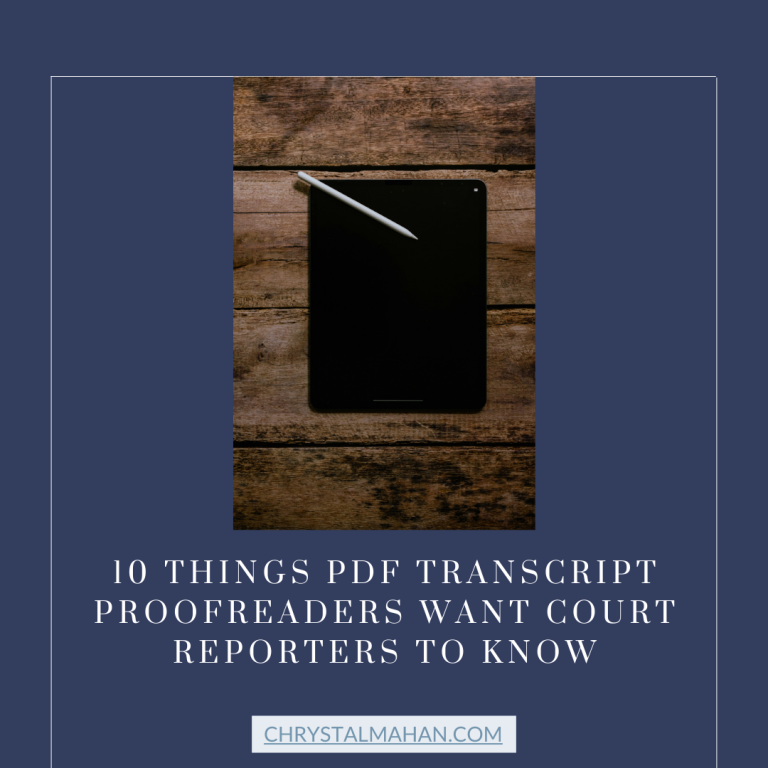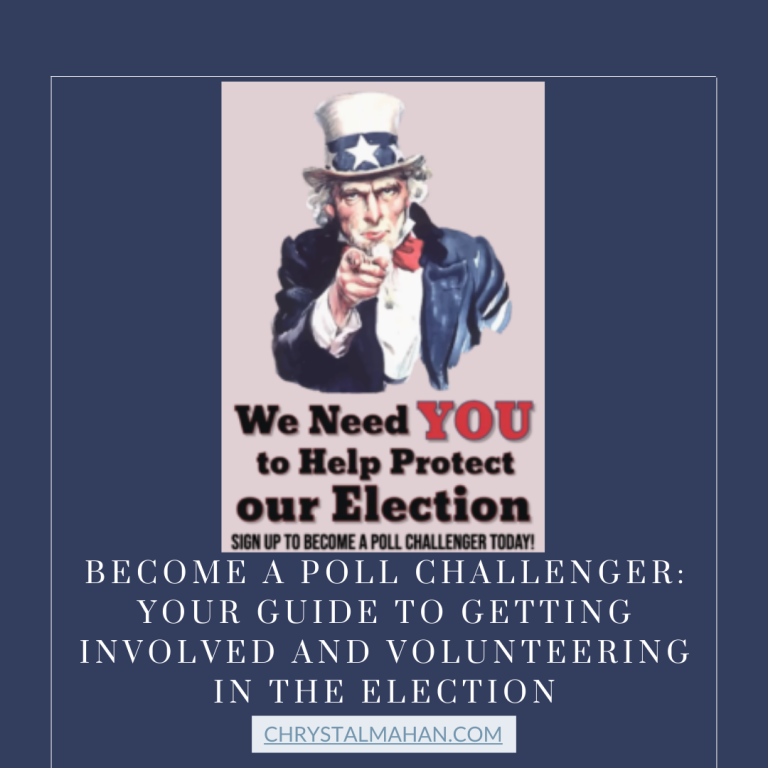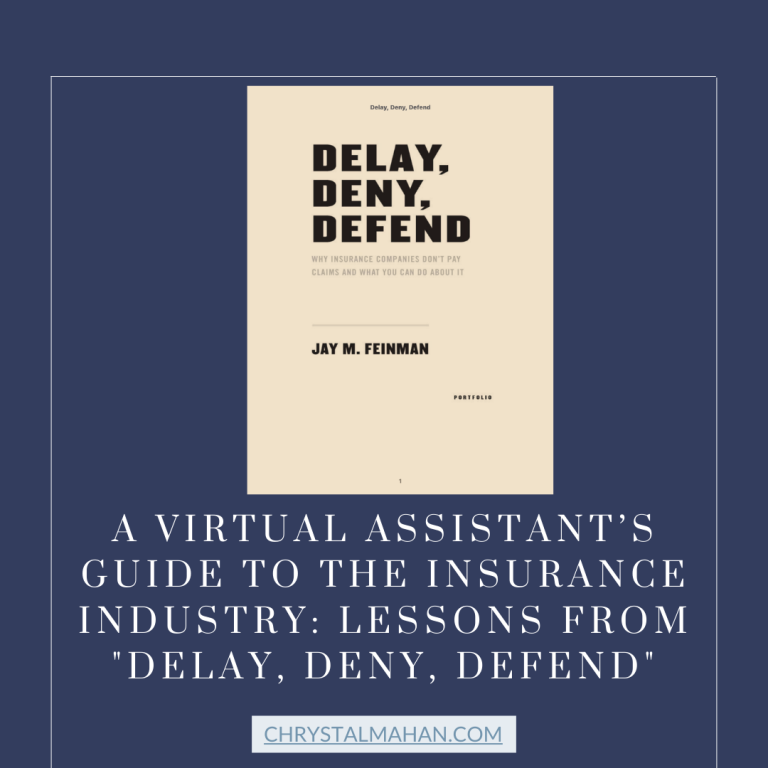Book Review: Too Much and Never Enough: How My Family Created the World’s Most Dangerous Man by Mary L. Trump
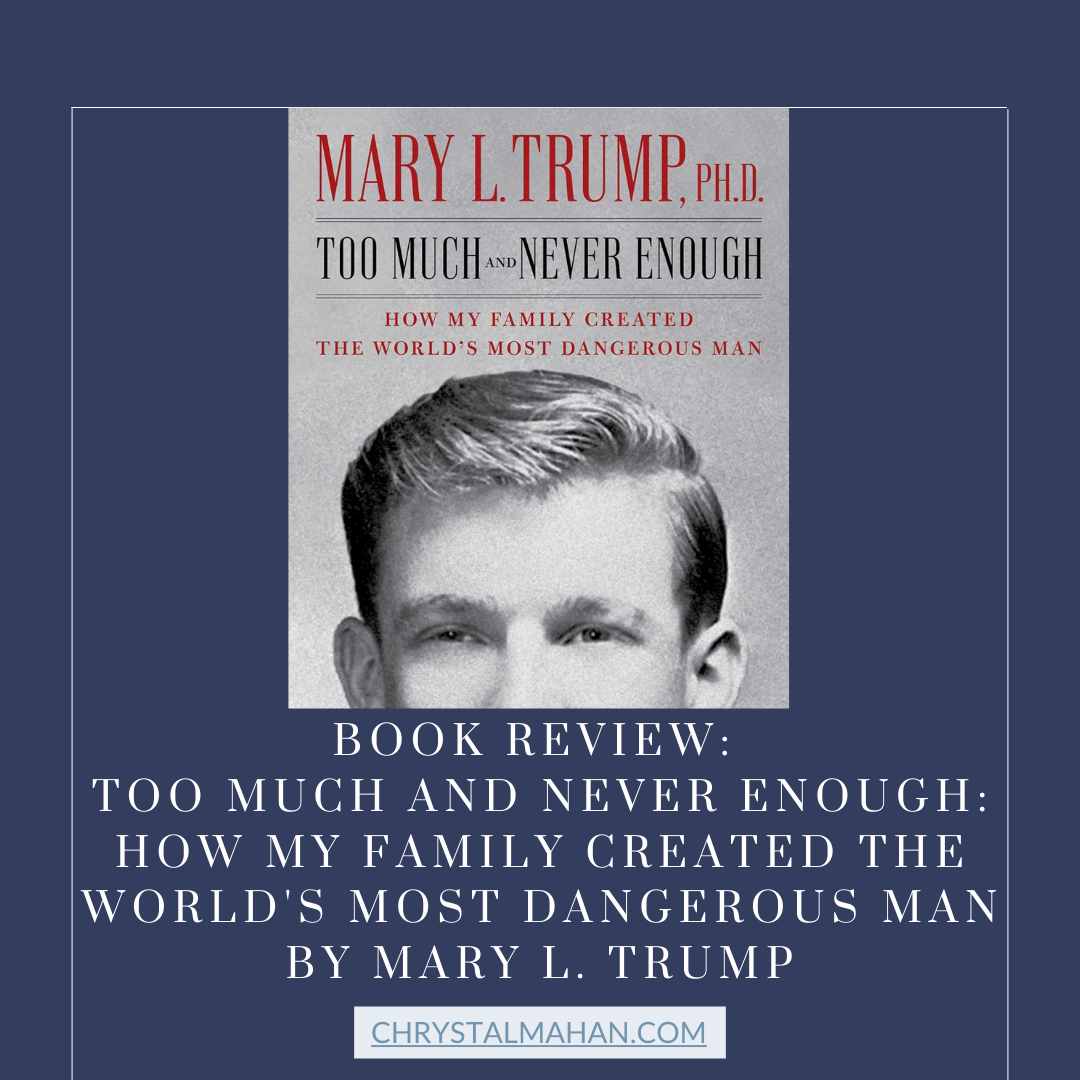
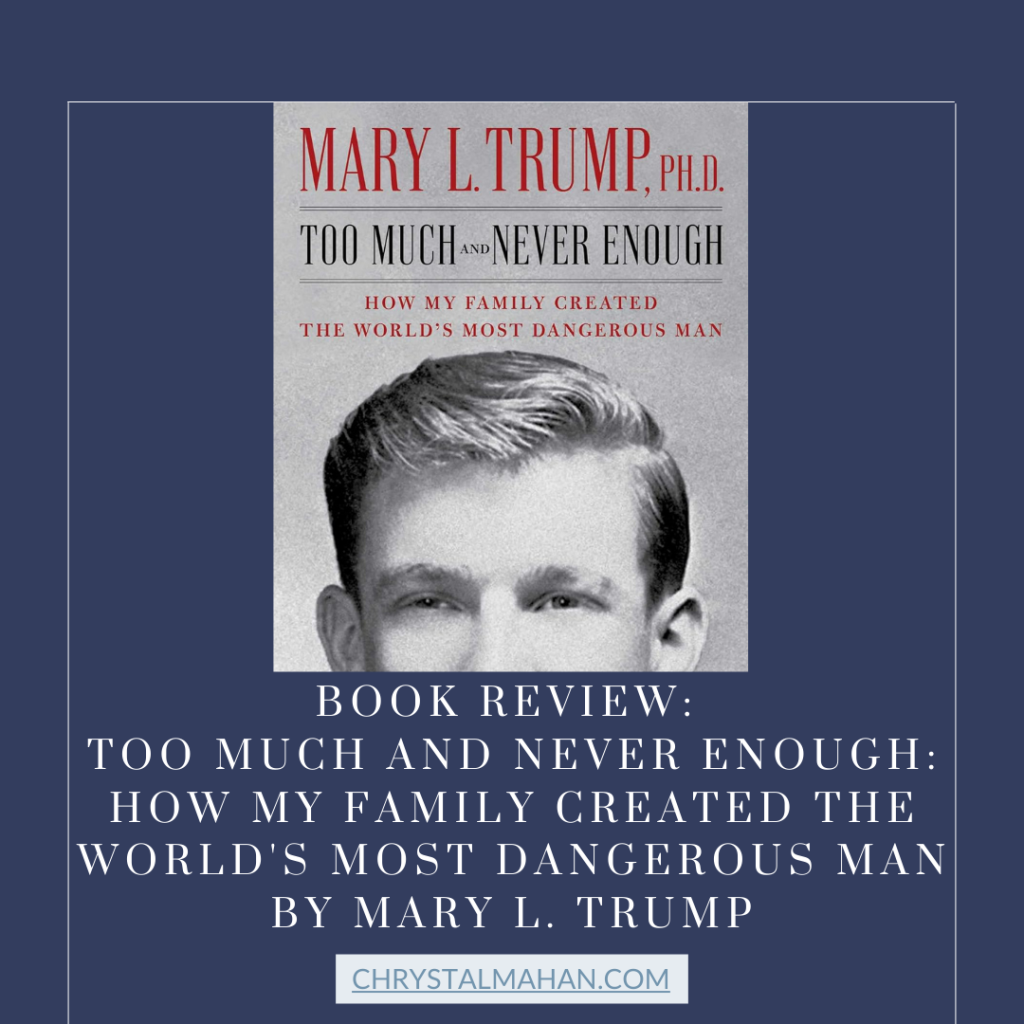
Too Much and Never Enough: A Legal Perspective on the Trump Legacy
In politics, character matters, and no book has highlighted this more starkly than Too Much and Never Enough: How My Family Created the World’s Most Dangerous Man by Mary L. Trump. As a clinical psychologist and Donald Trump’s niece, Mary provides a chilling insider’s view of her uncle’s upbringing, family dynamics, and how these factors contributed to the man who would become the 45th President of the United States. For legal professionals and business owners, understanding the psychological makeup of leaders is essential, especially when assessing future risks for leadership positions.
In this revealing memoir, Mary Trump paints a complex picture of Donald Trump’s character flaws, shaped by emotional neglect and a toxic family environment. Her professional insights and intimate family knowledge make her account both compelling and deeply informative. For a legal audience, the themes in this book can serve as a cautionary tale about the importance of leadership qualities, accountability, and the impact of unchecked power on the legal and political system.
If you’re in the business of law, leadership, or politics, Mary Trump’s book provides valuable lessons in character evaluation and the consequences of ignoring psychological red flags in leadership. It offers a lens through which to scrutinize those seeking positions of power, mainly when those positions carry legal or governmental authority. In this review, we’ll explore the key takeaways from Too Much and Never Enough, delving into Mary Trump’s portrayal of her uncle, the dangerous traits she highlights, and why her story serves as a legal and moral warning.
The Trump Family Dynamics
Mary L. Trump opens her narrative by delving into the complex and dysfunctional world of the Trump family. From the outset, it’s clear that the dynamics between Donald Trump, his siblings, and his father, Fred Trump Sr., played a pivotal role in shaping his character. Fred Trump Sr. is portrayed as an overbearing, emotionally distant father who values ruthlessness and aggression over empathy and kindness. According to Mary, this environment fostered a deep emotional void in Donald, encouraging his need for approval and success at any cost.
The legal parallels are striking in many ways. Just as dysfunctional families can create toxic work environments, poor leadership can also sow chaos in businesses and government institutions. Mary Trump highlights the emotional manipulation, fear, and favoritism that characterized her family, showing how these behaviors directly contributed to Donald Trump’s rise to power. Legal professionals can draw from these insights when analyzing leaders’ emotional and psychological underpinnings and how they affect organizational behavior.
Mary’s description of Donald Trump’s early years offers a window into how unchecked power and a lack of accountability can lead to long-term consequences. This section lays the groundwork for understanding how a lack of moral and ethical oversight can result in a leader who prioritizes personal gain over public good—an issue particularly relevant in legal and business environments.
The Dangers of Narcissistic Leadership
One of the key themes in Too Much and Never Enough is the portrayal of Donald Trump as a classic narcissist. With her background in psychology, Mary dissects her uncle’s personality traits, identifying his need for constant praise, lack of empathy, and inability to accept responsibility for his actions. For legal professionals, this is an essential lesson in the dangers of narcissistic leadership. Leaders who cannot prioritize the needs of others or their organization often make reckless decisions that can have far-reaching legal and financial consequences.
Mary Trump recounts numerous instances where Donald Trump’s narcissism led him to make decisions that prioritized his ego over sound judgment. Whether in his business dealings or his presidency, this trait consistently led to chaos and dysfunction. For a legal business audience, this is a critical takeaway—understanding the psychological makeup of a leader can help anticipate potential legal liabilities, from unethical business practices to the potential for litigation.
In today’s world, where corporate governance and accountability are more important than ever, Mary’s revelations about her uncle are a powerful reminder of the importance of ethical leadership. Leaders who place personal interests above their organizations create an environment ripe for legal and ethical breaches. This section reinforces the need for legal due diligence in assessing leadership candidates and their psychological profiles.

Power Without Accountability: The Trump Presidency
As the book moves from Donald Trump’s formative years to his time in the White House, Mary Trump focuses on the dangers of power without accountability. For those in the legal field, this section resonates deeply. The concept of accountability is foundational to law and governance. Mary’s account reveals how her uncle consistently avoided taking responsibility for his actions in his personal life and the political arena.
Mary’s portrayal of Donald Trump as someone who has been shielded from the consequences of his actions for decades is particularly relevant for a legal business audience. Whether it’s through family wealth, political connections, or manipulating public opinion, Trump has navigated a world where accountability often feels optional. As Mary suggests, this behavior poses significant risks to democracy, governance, and the rule of law.
For legal professionals, the lessons are clear: power without accountability leads to instability and legal risks. Whether it’s in the corporate world or political office, those in positions of authority must be held to ethical and legal standards. Mary Trump’s book serves as a stark warning of what can happen when accountability is overlooked, and it underscores the importance of legal frameworks that ensure those in power are held responsible for their actions.
The Psychological Toll on Society
Mary Trump’s book doesn’t just focus on the individual; it also touches on the broader societal impacts of having someone like Donald Trump in a position of power. The psychological toll on the nation, particularly during his presidency, was immense, and Mary provides an expert’s insight into how his leadership exacerbated social divisions, stoked fear, and undermined trust in institutions.
From a legal business perspective, this section offers valuable insight into the societal costs of poor leadership. The consequences of narcissistic, unaccountable leadership ripple through society, creating divisions that can manifest in everything from civil unrest to weakened trust in the legal system. Legal professionals must remain vigilant in recognizing these patterns and working to ensure that the law upholds justice, fairness, and accountability.
Mary Trump’s ability to weave together personal narrative with larger social commentary makes this section particularly compelling. She reminds readers that the impact of leadership is not confined to boardrooms or political offices; it extends to society at large. Understanding this broader context is crucial for legal professionals in shaping legal strategies and governance policies that prioritize societal well-being over individual gain.
Final Thoughts: The Lessons for Legal and Business Professionals
Mary L. Trump’s Too Much and Never Enough is more than just a family memoir—it’s a warning about the dangers of unchecked power, narcissistic leadership, and the lack of accountability in those who hold positions of authority. For legal and business professionals, the book offers critical lessons on the importance of psychological insight when assessing leaders and the broader implications of poor leadership on society.
In a world where the stakes are high, from business decisions to political office, the lessons from Mary Trump’s account are invaluable. Ethical, accountable leadership is essential to maintaining the integrity of both legal systems and business operations. Leaders who prioritize their own interests over the common good risk not only their organizations but also the fabric of society.
Let’s Continue the Conversation
If you found this review insightful, I invite you to explore more of my posts on leadership, accountability, and legal insights. Join me for a virtual coffee, and let’s discuss how these lessons can apply to your business or legal practice. Together, we can ensure a future where ethical leadership is the standard, not the exception.
Like what you read? Drop me a line – let’s chat over virtual coffee.
~ Chrystal

